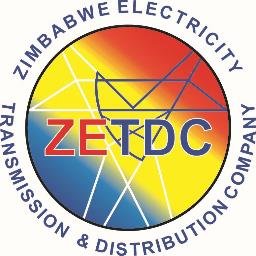Zimbabwe Electricity Transmission and Distribution Company (ZETDC) says it is struggling to connect new residential areas to the national grid due to economic challenges affecting the country.
In Bulawayo, some houses in new suburbs such as Emganwini and Cowdray Park have gone for close to a decade without electricity forcing residents to rely on solar power.
Speaking during a Zimbabwe Energy Regulatory Authority (ZERA) domestic consumer education and awareness outreach program on the safe use of energy in the home held in Cowdray Park, Wednesday, Network Manager Farai Chiyanike, said some of their projects in the city have taken long to be completed.
“I think we have people who do not have electricity as we speak, we have projects which have stretched for some time and that is due to financial challenges because ZESA is also part of Zimbabwe but those with no electricity do not lose hope,” said Chiyanike.
“We have areas that do not have electricity and we working on extending lines so that some places will also get electricity.”
The country has been forced to import electricity from neighbouring countries due to low power generation.
Currently, the country is producing a combined 803MW against a demand estimate of 1 500MW.
This has forced the power utility to implement load shedding as a way of managing power demand.
“Zimbabwe has no electricity for everyone to be fully supplied hence we do what we always do and we load shed. Our load should be in line with the electricity we have and once they are not aligned, we resort to load shedding,” added Chiyanike.
“We have a certain level that we have to reach to use our electricity and as we speak the level is low and we have to share Kariba with Zambia so hence we are not able to fully utilize the dam.”
He refuted allegations that ZESA employees are not affected by load shedding and that they do not have electricity meters in their homes.
“We are all pained by this load shedding when I left my house this morning, there was no electricity and I will probably go home and it will still be not available. Everyone is affected and we are all suffering from the same calamity,” said Chiyanike.
He also urged residents to use electricity sparingly warning that those who consume more power ill be slapped with penalties.
“What happens is that there is a penalty that you pay when you now want to increase your electricity from the grid because let’s say you take about 150 units above that we will need about $3 more after that,” said Chiyanike.

